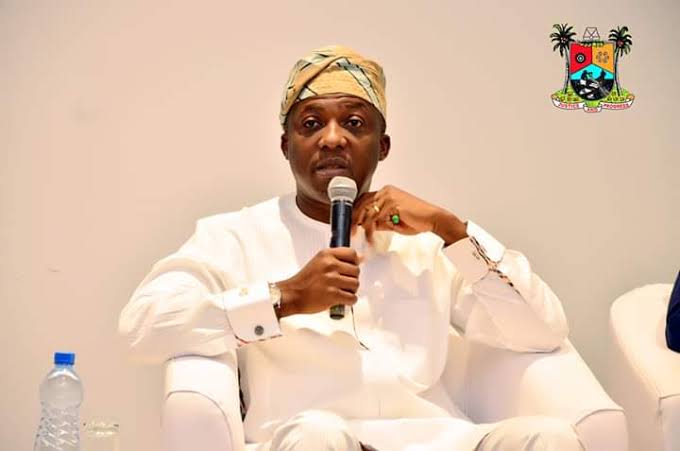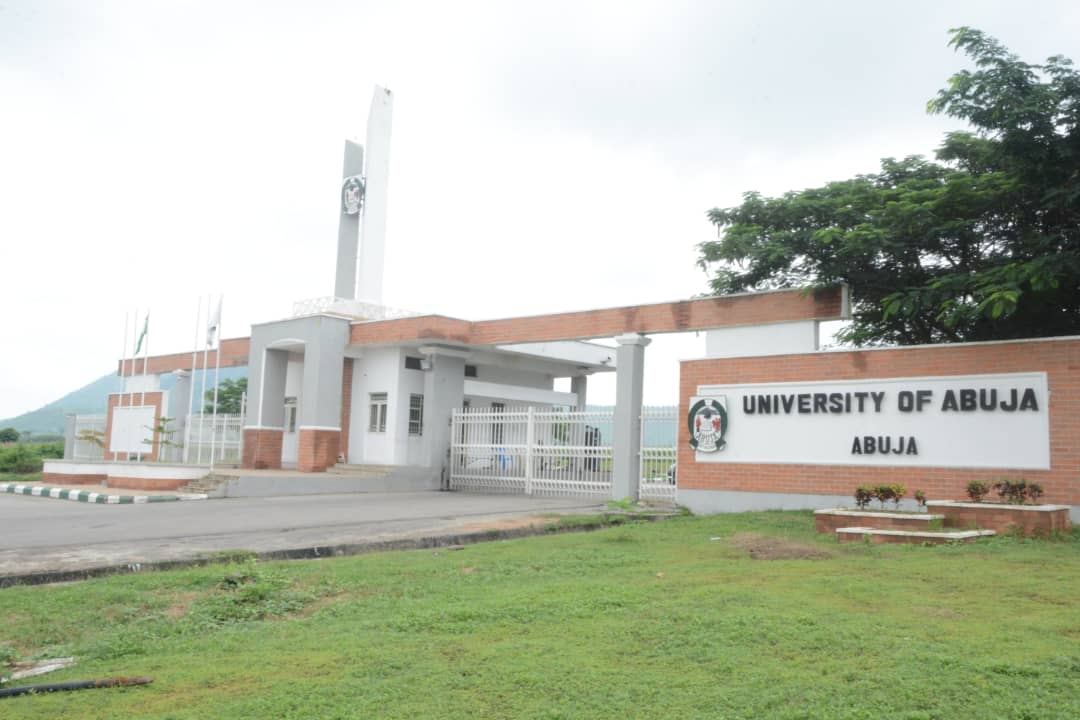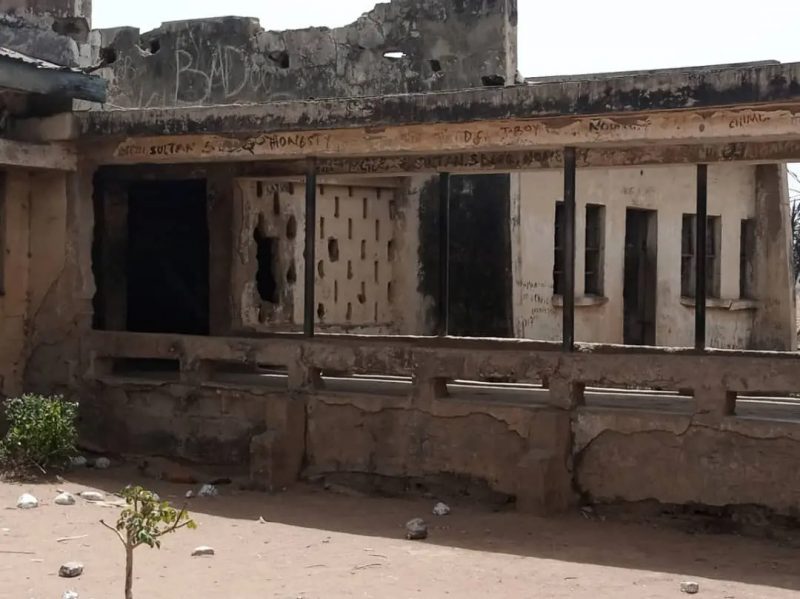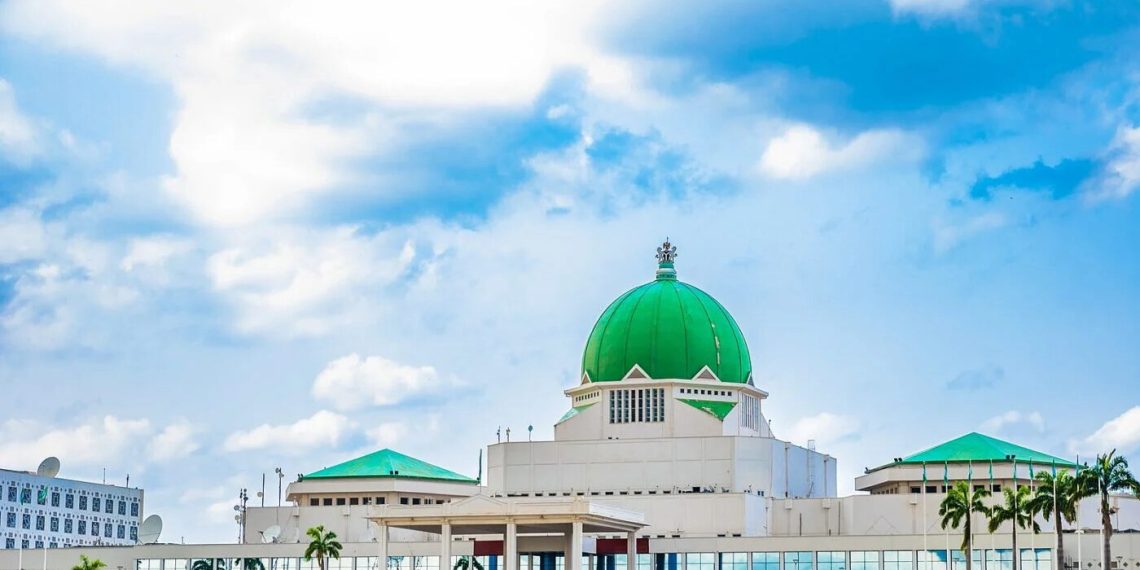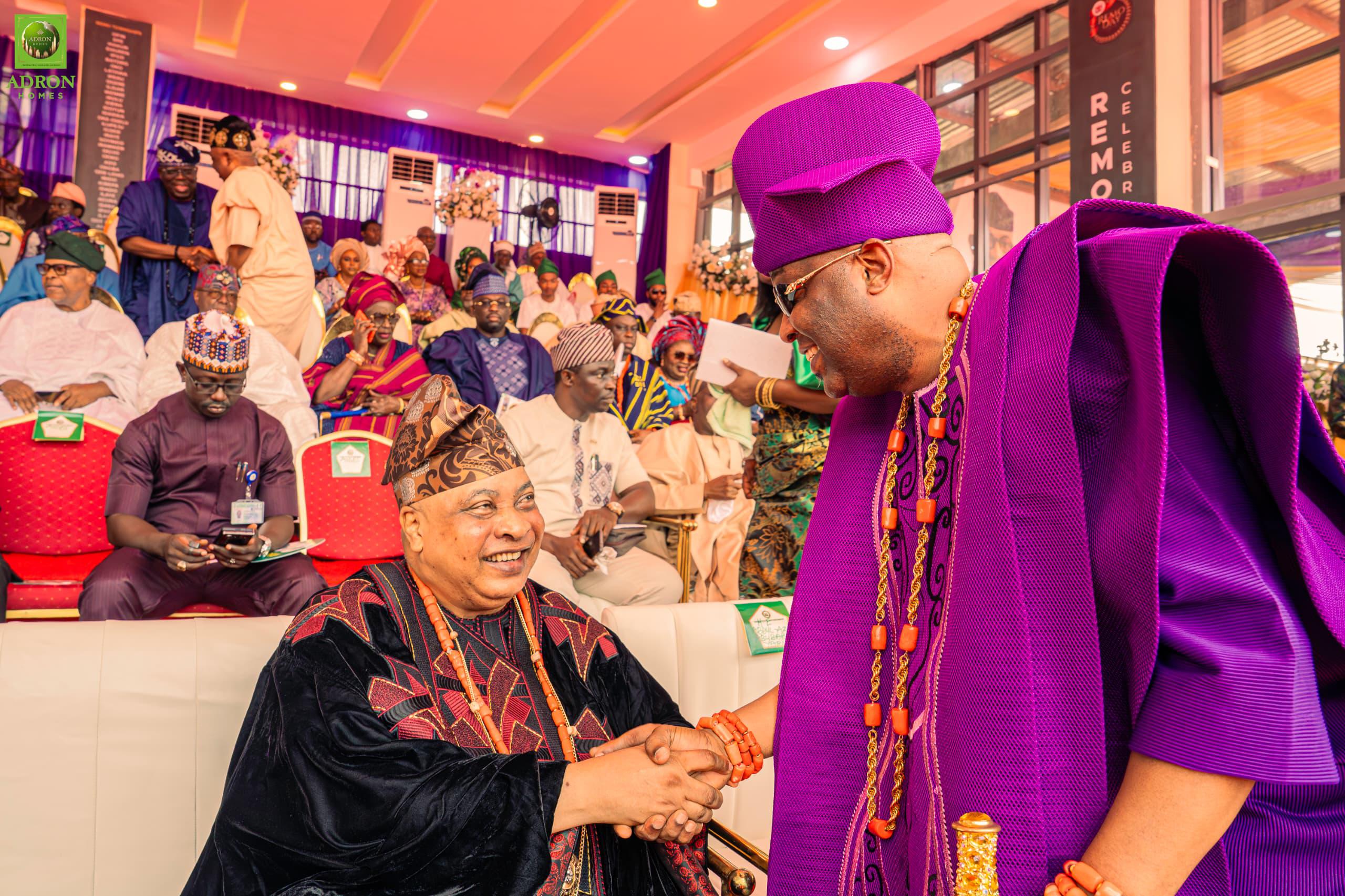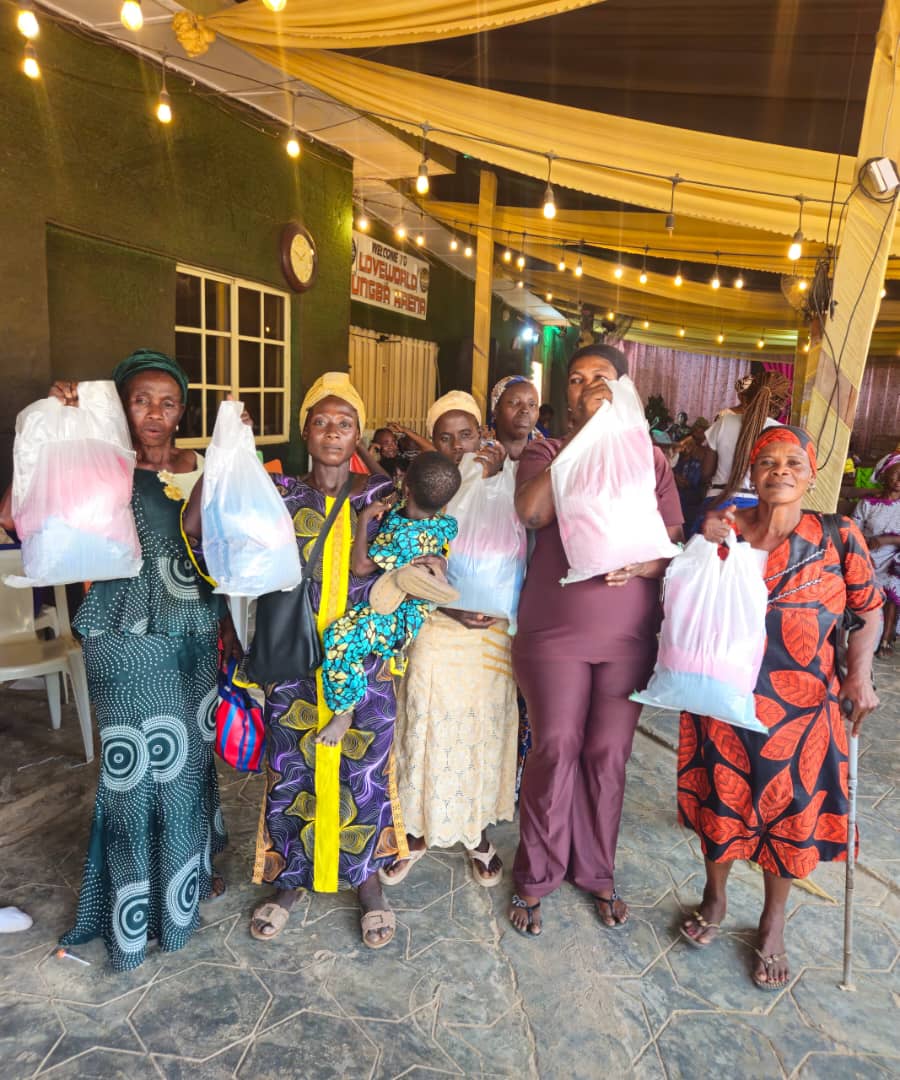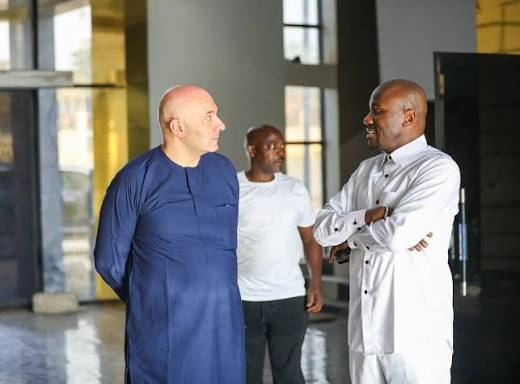Tokunbo Wahab defends the Lagos nylon ban on X, citing years of research, stakeholder input, and urgent environmental concerns threatening Lagos’ future
[dropcap]T[/dropcap]okunbo Wahab, Lagos State Commissioner for the Environment and Water Resources, has publicly defended the Lagos nylon ban following social media criticism.
Also read: Lagos plastic ban enforcement sparks bold environmental crackdown
Responding directly to a user on X who described the enforcement as “confiscation without compensation,” Wahab offered a detailed account of the ministry’s preparation before the policy took effect.
“For 18 months before implementation, we engaged in extensive stakeholder consultations, meeting manufacturers, market unions and environmental experts,” Wahab stated.
His reply shed light on the groundwork laid before the enforcement began, refuting claims of abrupt action.
Scientific research led by the ministry revealed daily blockages in Lagos drainage systems due to plastic waste, particularly nylon.
The Commissioner also referenced marine biologists who found toxic plastic residues in fish living in the Lagos Lagoon. According to Wahab, these findings proved the urgency of the policy.
“In those 30 years you mentioned, a sizeable amount of the nylon sold by mummy ended up in the drainage systems,” Wahab added, addressing the concerned user personally.
“Nylon takes around 500 years to decompose. Those products are still here, harming our health and environment.”
The Lagos nylon ban was not merely regulatory, Wahab explained.
The Ministry of Commerce had actively facilitated partnerships with local producers of reusable alternatives to ensure affordability.
Manufacturers were also given time to adapt through a phased Producer Responsibility Scheme.
When repeated warnings failed to secure compliance, enforcement became necessary. Wahab insisted the decision was Lagos State’s last resort, not a first response.
He portrayed the ban as an informed, future-focused strategy born out of broad consultation and long-term planning.
Also read: Lagos to enforce single-use plastic ban from July 1, 2025
“This was never abrupt,” Wahab concluded. “It was Lagos protecting its future after exhausting all collaborative avenues.”


